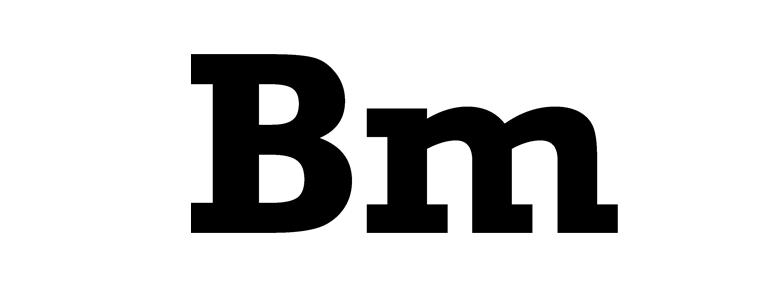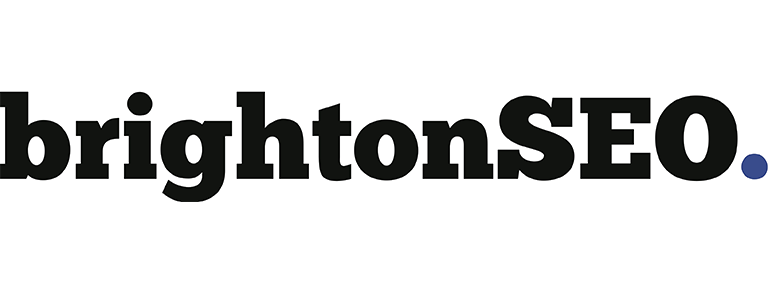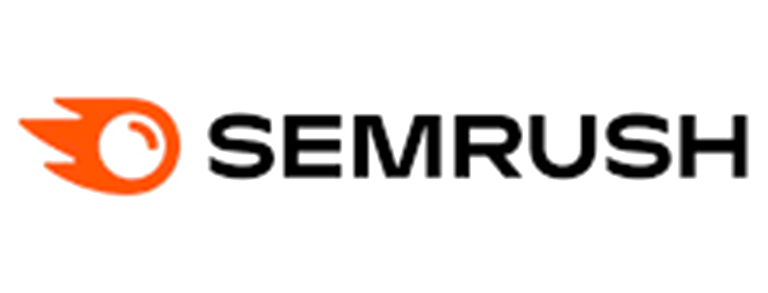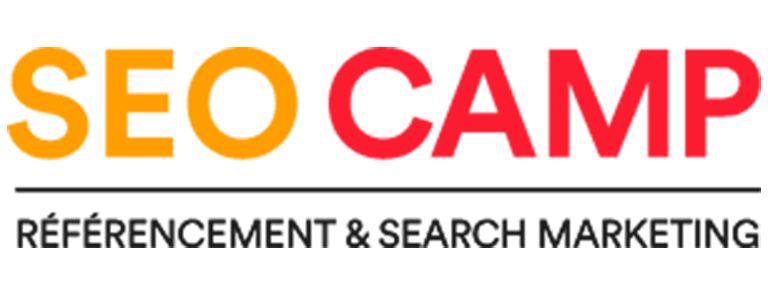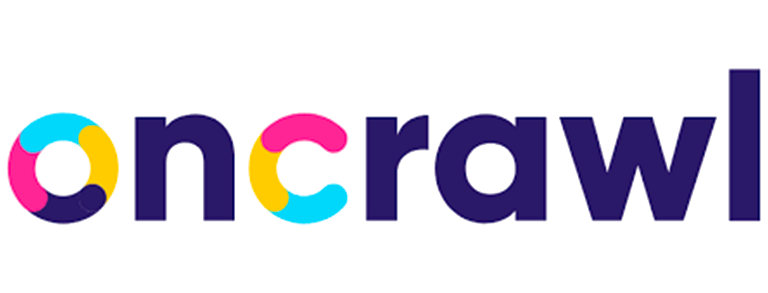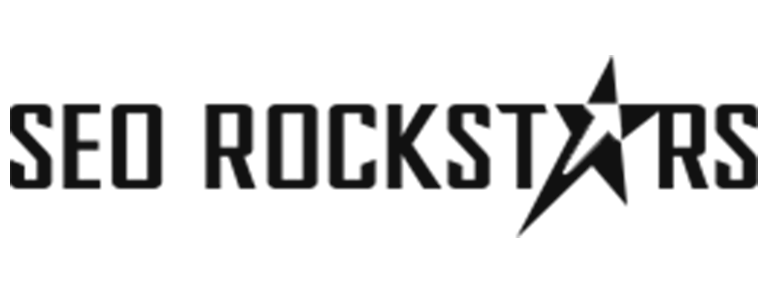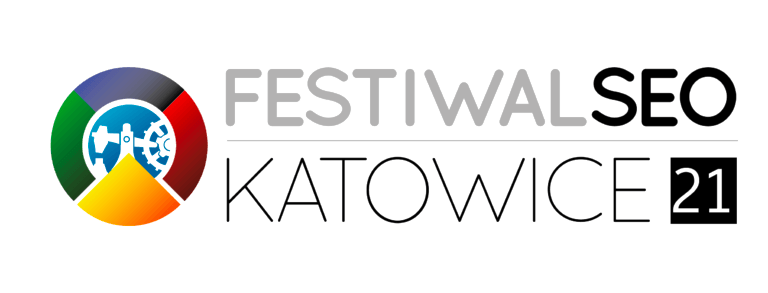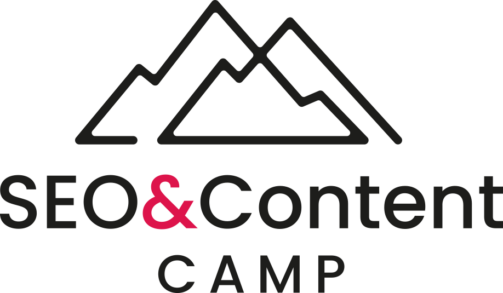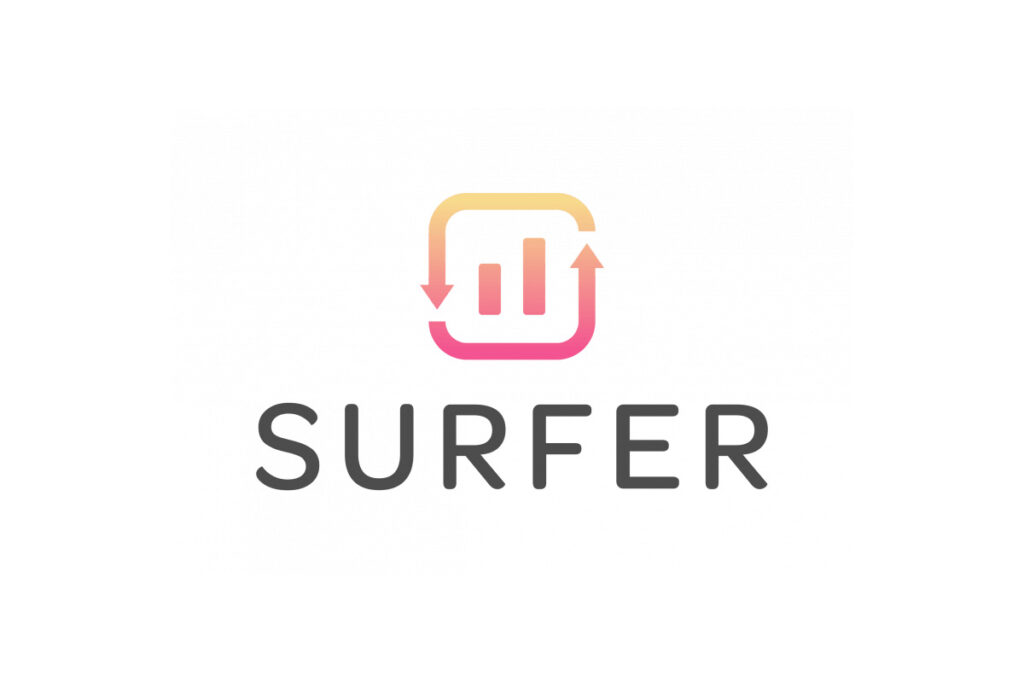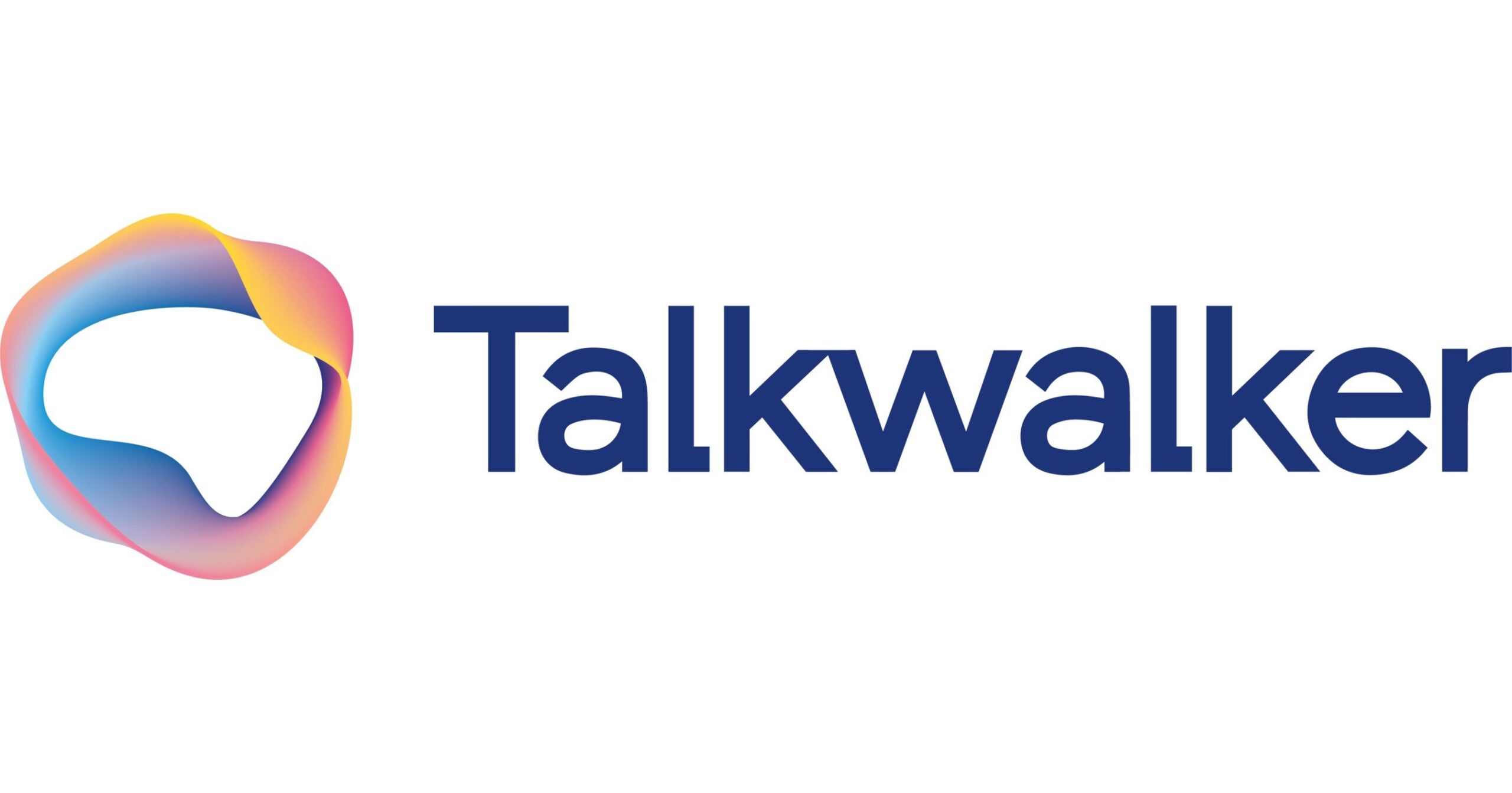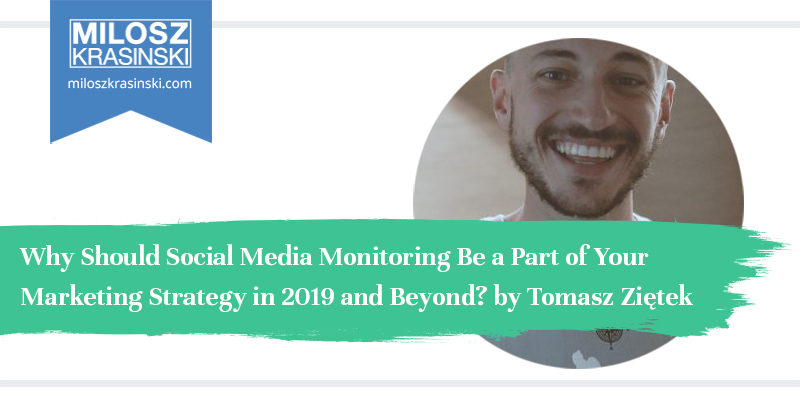Your SEO journey?
I was working for a small marketing agency in Los Angeles and we got a client who wanted to show up a little better in the Yahoo directory and this new search engine called ‘Google’.
I was the only guy who knew how to program, so I went home and read everything that was available, stuffed a crap ton of keywords into a few HTML pages and tested.
The client saw some results and I was hooked. This was the mid to late 90’s, and there was lots of chatter and only a few resources. Made it more fun!
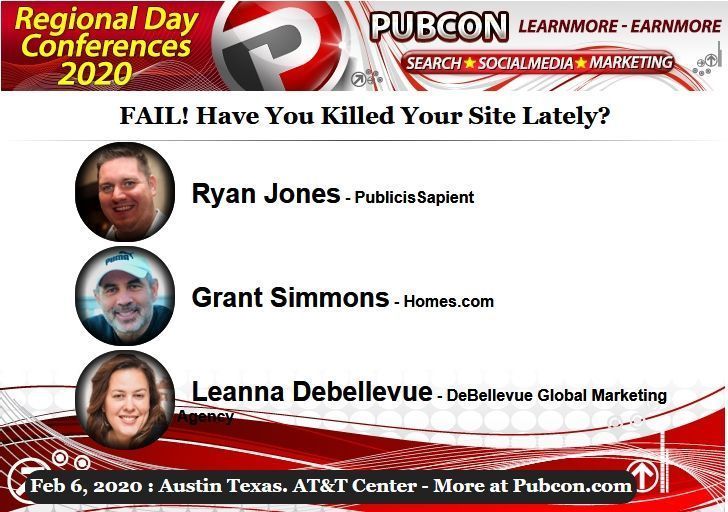
Idea machine and first year
In 2001 I started Simmonet Marketing (ahem: site not updated in 6 yrs) with one client that came with me from the agency I was working at – the agency had ‘gone virtual’ which didn’t appeal to me too much.
As a one-man operation with lots of (then current) tech / web savvy skill but zero design skill(z), the first thing I did was look for some freelance help, then some in-house help to take care of that side of the business.
I was always an ‘idea machine’, but getting those ideas to look good required a great designer, which I was lucky to find in a lady named Marientina! So the biggest takeaway is that clients may buy ideas, but they definitely stick around for the creative output. (Lesson one!)
What else did I learn? That sales is frikkin’ hard.
For the first year, I leveraged my one-and-only client’s referrals to get other gigs within their vertical (travel), then 9-11 happened, and travel budgets (mostly) disappeared…
…luckily I had started to mine my network of folks from my Club Med days and a friend – Karen – asked me if I could do an impossible job, essentially taking a series of web mock images and building a website to fit on a CD-ROM.
Approximately 6,000 web pages. 100’s of PDF to have as downloadable docs. All in an impossibly tight deadline. Third lesson. Never say no when building a business, you’ll find a way to get doable projects done, even if it means building a remote team and missing a few nights’ sleep (which is exactly what I did).
We finished the job, and Karen’s organization became my biggest client for the next couple of years.
So SEO will be about…?
If I knew that I’d be already planning my retirement!
I add my thoughts on the 2020 paid search landscape to some smart folks' ideas.
— Grant Simmons (@simmonet) January 29, 2020
Note, I'm already "embracing the rise of the machines" 🙂https://t.co/uDbKl98etD pic.twitter.com/eb54unAYHf
But more seriously, mobile everything, location-aware, context-sensitive and best answers, served in the most convenient medium.
It really boils down to content accessibility and a true understanding of user needs most probably through AI-driven real-time content delivery, even going as far as to dynamically create the best answers supplied by the most expert of online resources.
So SEO will be about exceptional delivery of amazing content from topic experts. Can you (or your clients) be a distinct and trusted topic expert?
If you break this down to simple concepts.
Delivery: can you (and will you) allow a search engine to ingest & distribute your content easily via feed, structured data or a direct connection?
Content: Can you provide a context-aware ‘best answer’ in the most convenient format possible?
Can you build topic expertise by defining, creating, building, an opinion-based methodology that is trusted, authoritative and best-in-topic?
I don’t like to use ‘content is king’ when really ‘content is the kingdom’ – lol
The Rise of the Machines (Cars)
Next, I think in the early to mid 20’s autonomous vehicles will be a reality, creating a massive need for ‘content on the go’ for a ‘connected commuter’ in large cities where commuting is a necessary reality.
It will create a new facet to SEO where the location, behavior and prior experiences of users will allow better targeting and voice as an interface to solve real-world search problems whilst in a car.
With the potential of the interior of the windshield as the ‘next screen’ and AR or nextgen reality as overlays, feasibly the location of a result, whether driven by external elements or internal UI could offer an additional optimization element – can a real-world object be broken down into different answers like an image map to different click locations?
Interesting stuff for sure.
Machine learning Yay or Nay? Any thoughts on this?
Skynet. Yay.
2020 SEO & Predictions
Hopefully, you won’t look back in a year and tell me everything I thought was wrong 🙂

See above for “what’s the future of SEO” then:
1) Better content. *Really* great content finally gets the recognition it deserves, with “great content” being defined as the ultimate answer, useful, focused and supported by the necessary media to fully satisfy a user’s query.
2) Image search becomes more important to search marketers.
Part of ‘great content’ image optimization will become a higher priority as folks realize some queries are best answered (initially) by an image or image(s) result.
Then the goal will be inspiring the click for more information when appropriate and needed.
3) I hate to harp on technical SEO, specifically JavaScript frameworks, but it’s a big focus for Google to make folks use the fastest, mobile-friendliest technology stack available and applicable to their web apps.
If an SEO doesn’t understand the challenges, or what Google is doing about it, and how to use the Google tools they’re providing to negate technical / JavaScript issues, then they’re not going to be much of an SEO.
I would say that SEO for JavaScript sites is an expertise that will be in demand. It’s not ‘unlearnable’ but it helps to have a specialty and dev background to troubleshoot and help development folks understand the main issues.
4) Algorithmic updates like BERT are going to keep rolling out… SEO folks need to realize it’s about the query understanding and to read point number (1) above. Great content will win.
5) Much more improvements to Google Search Console. Google is trying to surface their data to help improve the web experience. SEOs need to be using that data for clients and analysis.
A single point of truth from Google is going to beat other 3rd party tools every time. It’ll mean changing some of the narratives in SEO reporting and offer tool developers an opportunity to build cool tools on top of the GSC / GA data.
Some exist, but these can (and should) get better!
If you could attend only 5 SEO conferences in one year. Which ones would you choose?
There’s the 5 I went to in 2019 + one (special one) to make it 6
- LRTCon (link focused and very smart – mostly affiliate – attendees)
- Search Insider Summit (fun locations & great audience of leaders)
- Advanced Search Summit DC (fantastic event & atmosphere!)
- Pubcon Las Vegas (iconic conference with top SEO speaker lineup)
- Chiang Mai SEO Conference (Thailand. Enough said!)
- I lied 🙂 Amazing group of affiliates on bleeding edge of SEO
- + Brighton SEO – I was fortunate enough to speak there in 2018, and it was a ‘brilliant’ experience! Hope to be back there again!
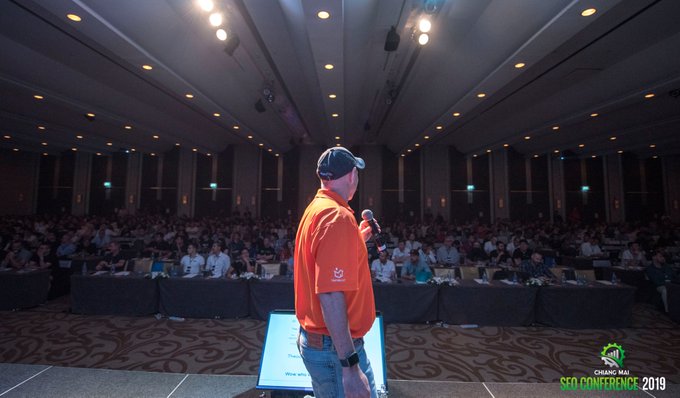
Any upcoming webinars?
I recently recorded one with DeepCrawl (another company I admire) that should be ‘dropping’ sometime soon.
There’s a couple that live out on the interwebs; https://www.semrush.com/user/145752561/ – which is in partnership with one of my favorite companies – SEMRush and for anyone that wants a ‘fun’ webinar I did with Vertical Measures… The SEO Justice League: 5 Pillars Worthy of a Great Search Strategy is one of my favorites.
So NOT obvious things to avoid?
Looking at keywords used in search queries as just words rather than phrases, questions, and problems to be solved.
Hummingbird and BERT and other integrated algos (and more to come) are understanding more than just words, so SEO folks need to understand search queries like search engines (which is ironic because search engines are trying to understand like humans!), and leverage entity recognition / analysis tools & content optimization tools that seek to match search intent to the best content.
Piggy-backing on that, old techniques such as absolute rules for keyword counting, position and styling are old-ish hat (with a big caveat that these techniques may work – or at least contribute to a great user-focused page).
People to follow in 2020?
Same ones I would recommend to follow in 2019 and 2018 (and before) – Bill Slawski is *the* rockstar of patent analysis
SEO 101: How the Google Search Algorithm Works • SEO Mechanic https://t.co/5FwSqHNK69 via @seomechanic Some good SEO basics, that can help if you are learning about SEO.
— Bill Slawski ⚓ 🇺🇦 (@bill_slawski) December 22, 2019
- Barry Schwartz is the search news coverage king
- David Amerland for more than search topics
- Kevin Rowe the king of link building who knows where this industry’s skeletons are buried
- Dave “The Gypsy” Harry, who probably buried them.
There’re the smart ladies of search (essentially all of them), of those:
… wicked smart to follow.
New on my list based on conferences this year:
Matt Diggity – this guy is an ace, and extremely generous with his knowledge. Thanks Matt for taking a chance on me!
Barry Adam – I got to spend some time with him and appreciate his expertise and humor. Barry, you’re a super awesome human-bean.
Michal Suski who founded Surfer SEO, and is a smart, smart guy. Michal, you proved that old dogs like me can learn new tricks!
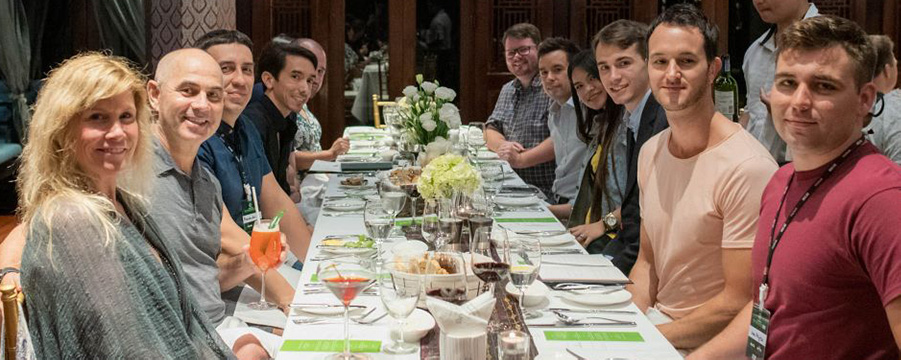
The most controversial SEO topic?
Apparently, H1 tags.
Was a 20-minute conversation at Pubcon as to whether they’re important for SEO, right after Google had said that styled headings are important, page structure is important, but H tags are not necessary, but useful (kinda).
IMO Google is smart enough to understand a page structure far better & easier than it can understand the content of the page, so structure gives signals and key topics within that structure give signals, but although I don’t think H tag formatting is 100% required, I think it may help in understanding the organization of the page if other signals are mixed, mixed up or missing.
So. It depends 🙂
Keyword density.
There’s a fine but definite line between ‘keyword inclusion’ (having a keyword on a page) and ‘counting keywords’ which I consider to be akin to the old practice of calculating how many times a specific keyword should be on a page vs the number of words on a page. Density is dead.
Well-written content has exactly the right amount of instances of a target phrase, but often content isn’t written well.
Having a writing model to help define the likely words to appear in a piece of content isn’t using ‘keyword density’ – rather it’s taking an intelligent approach to ensure content is complete. So guidelines are good. Absolute counts, not so much.
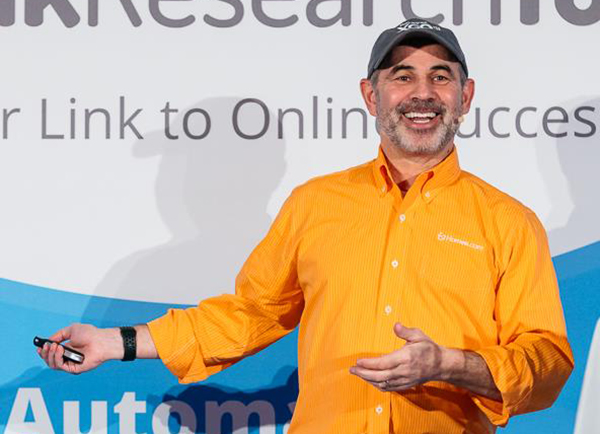
The worst SEO experience you have ever come across?
- Leaving a whole site blocked in robots.txt after a migration.
- Launching a js site with no pre-rendering (yes… Google’s rendering is getting better, but no pre or server-side rendering is not a recommendation)
- Migrating and leaving off a trailing slash, resulting in URLs redirecting to pages that 404 (yes, this happened recently)
- Worst SEO behavior? Attacking Google folks; Gary, John, Martin, Nathan, Danny or (old days) Matt. SEOs have to realize Google isn’t the bad guy, and the folks that work for them aren’t monsters either. In fact, most of them want to take a break from the constant assault on what they can freely share. Do these folks always tell you 100% the full, un-obfuscated truth? Are they giving you the finite details to rank #1? And are they hoping you fail? No! No! No! They’re trying to help within the confines of what they’re allowed, so give ‘em a break and buy them a beer (if they let you!)
You hear a lot of chatter around Google’s disregard for SEO’s & drive for PPC revenue while good sorts like @JohnMu @dannysullivan @methode & @g33konaut are putting themselves (and best info they can) out there to help SEOs succeed. Thanks Google guys & gals. It’s appreciated.
— Grant Simmons (@simmonet) January 26, 2020
Image optimization. Worth it or waste of time?
File size – yes. Alt tags – for accessibility, yes. (And more and more important for some industries.) For image search? It depends on the business model.
I use SMUSH to optimize blog images… speed is a need… images are often the biggest hurdle to better speed, so yes. Optimize images.
One of my predictions for 2020 is the importance of image search improving. So having an image strategy should be right up there with other possible 2020 goals.
So today, nothing is a waste of time. Optimize for speed, if images work in your audience model, go for it. Reap the rewards tomorrow!
Best ever speaker you have heard live?
Todd Friesen – told it like it was, the most transparent and engaging presentation / panel at SMX in 2014.
Kyle Roof – Came prepare to wow, and wowed with real-world results from a diverse group of tests, he showed the gaps in what most SEO speakers present… real data from real-world tests. Blew me away.
(Neither of these guys is much on Twitter because they’re probably killing it with SEO projects – Kyle’s Page Optimizer Pro is an example of that!)
Best industry books?
The Art of SEO by Eric Enge
Looking good! (Literally) https://t.co/hAMA0RBWIo
— Grant Simmons (@simmonet) January 24, 2020
SEO for Dummies (recommended for small business owners – it’s enough to do the basics, and to realize you need help for medium to large sites)
The Big Red Fez – a slightly dated, but still awesome, book for those that (still) only look at traffic. As SEO’s we should be looking at what drives business for our employer and / or customers, Seth Godin helps you understand both the what and the how to do that. Help users find your banana.
Final Words?
“If you limit your choices only to what seems possible or reasonable, you disconnect yourself from what you truly want, and all that is left is compromise.” ~ Robert Fritz

This industry has been really good to me, the friends, colleagues, peers & mentors along the way have all been awesome. Thanks to all of you. (and thanks Milosz for an interesting distraction) 🙂 Cheers.


